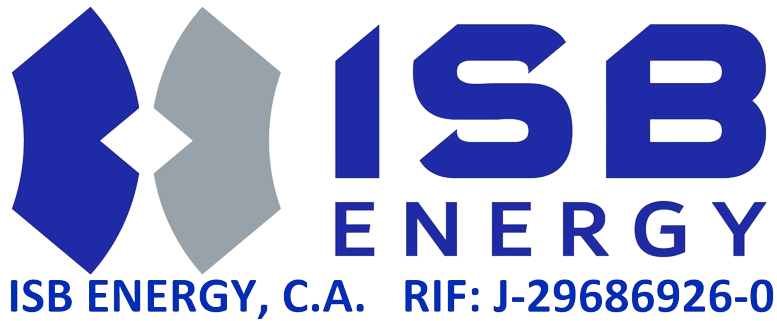In a world where agreements are the foundation of professional relationships, it is crucial to understand the intricacies of different types of agreements. Whether it’s labor agreements, share purchase agreements, fee agreements, or training agreements, each document serves a specific purpose and outlines the rights and responsibilities of the parties involved.
Labor Agreement Permits Staff Reductions
The labor agreement permits staff reductions through this link. This agreement allows companies to downsize their workforce without breaching employment laws. By carefully following the terms of the agreement, employers can navigate staff reductions in a legally compliant manner.
Effective Date Share Purchase Agreement
When it comes to buying or selling shares, it is essential to have a clear and legally binding agreement in place. The effective date share purchase agreement establishes the date on which the transaction becomes effective. This agreement provides protection to both the buyer and the seller by clearly outlining the terms and conditions of the purchase.
Fee Agreement from Service Providers
Service providers often enter into fee agreements with their clients to define the scope of work and payment terms. This agreement ensures that both parties are on the same page regarding the services to be provided and the compensation for those services. It helps avoid misunderstandings and disputes in the future.
Breach of Non-Disclosure Agreement
Non-disclosure agreements (NDAs) are essential for protecting confidential information. However, in the case of a breach, legal actions may be taken. Find more about the consequences of breaching an NDA here. The ability to sue for breach of a non-disclosure agreement ensures that parties can seek remedies when sensitive information is improperly disclosed.
Training Agreement for Horses
When it comes to training horses, a formal training agreement can help establish the responsibilities of both the trainer and the horse owner. This agreement covers aspects such as training methods, duration, fees, and ownership rights. It ensures a clear understanding of the expectations and obligations for all parties involved.
DFE Model Funding Agreement
In the education sector, academies and schools often enter into a DFE model funding agreement. This agreement outlines the terms and conditions for funding provided by the Department for Education (DFE). It ensures transparency and accountability in the allocation and utilization of funds within educational institutions.
NYS Real Estate Sales Agreement
When buying or selling real estate in New York State, it is crucial to have a legally binding sales agreement. The NYS real estate sales agreement outlines the terms of the transaction, including the purchase price, closing date, contingencies, and other relevant details. This agreement provides protection to both buyers and sellers and helps ensure a smooth and fair real estate transaction.
Signatories to IBC Claims Agreement
The International Bureau of Containers and Claims (IBC) plays a vital role in resolving disputes related to containers and cargo. The IBC claims agreement establishes the signatories who have committed to follow a standardized claims process. This agreement enhances consistency and efficiency in settling claims, benefiting all stakeholders in the shipping industry.
EULA vs Contract
When using software or online services, it is important to understand the differences between an End User License Agreement (EULA) and a traditional contract. Learn more about the distinctions between EULA and contract and how they govern the rights and obligations of users and providers. This knowledge can help users make informed decisions and protect their interests when using various software and online platforms.
A Formal Agreement Among Competing Firms
In some cases, competing firms may enter into a formal agreement to collectively address industry-wide challenges or pursue mutual interests. This agreement allows competitors to work together without violating antitrust laws, fostering collaboration, and benefiting all parties involved. Such agreements often involve setting industry standards, joint research, or sharing resources for the betterment of the sector.
